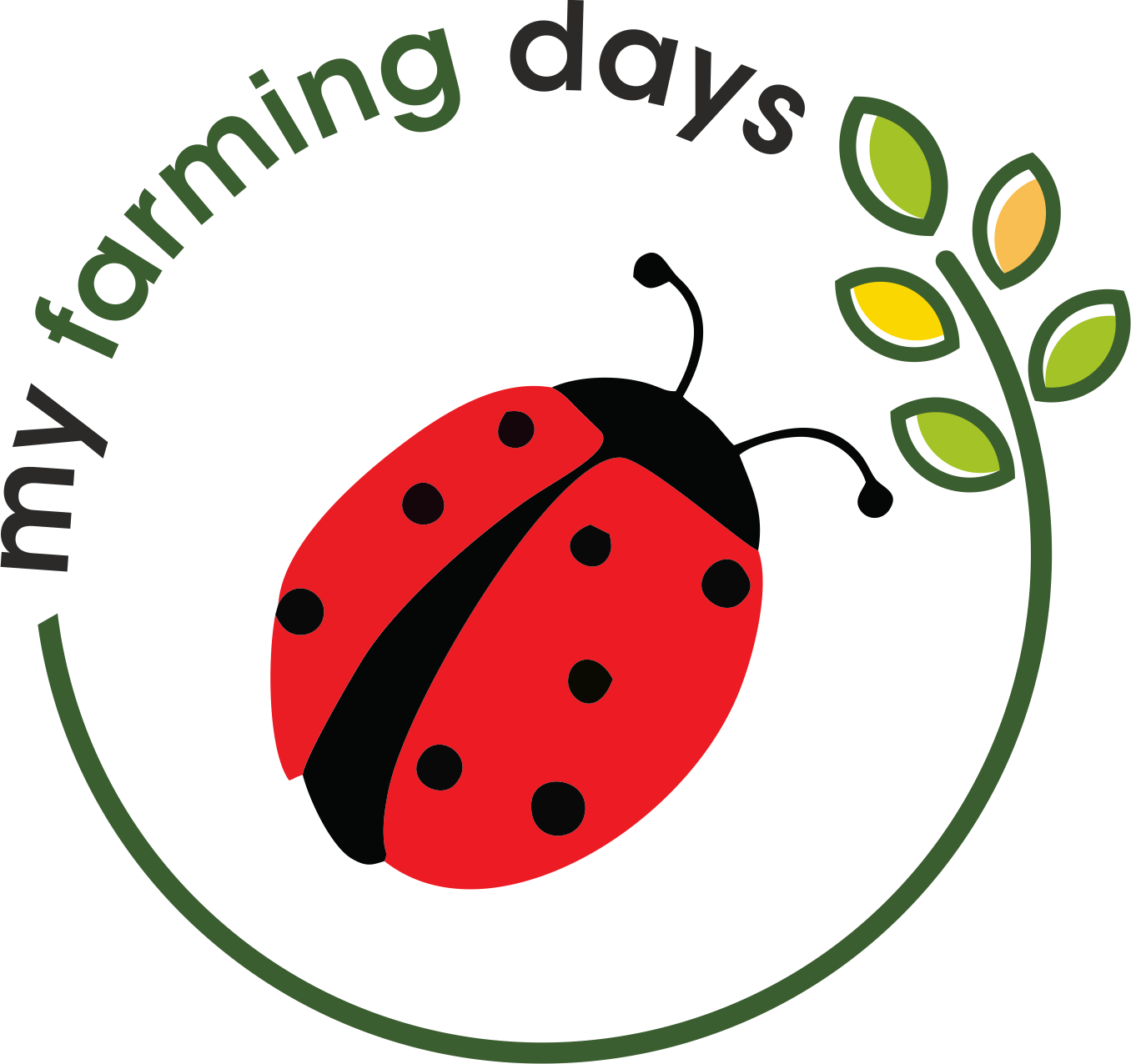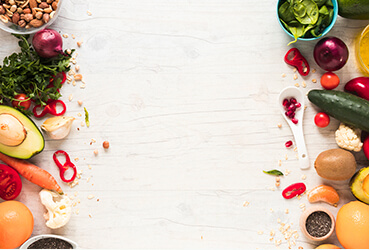Introduction: Keeping food fresh and preventing spoilage is a top priority for any conscientious home cook or grocery shopper. While chemical preservatives may be commonly used, many people are seeking natural alternatives to extend the shelf life of their food. Fortunately, there are several effective and chemical-free methods that can help you make your food last longer. In this article, we will explore five natural techniques that can help you preserve the freshness and quality of your food while avoiding harmful chemicals.
- Proper Storage: Proper storage is essential for maximizing the shelf life of various food items. Store perishable fruits, vegetables, and herbs in the refrigerator to slow down spoilage. Keep them in sealed containers or wrap them tightly to minimize exposure to air and moisture, which can accelerate decay. Dry goods such as grains, beans, and nuts should be stored in a cool, dry place, preferably in airtight containers, to prevent moisture and pests from compromising their quality.
- Utilize Natural Antimicrobial Agents: Several natural substances possess antimicrobial properties that can help inhibit the growth of bacteria, mold, and yeast, thereby extending the shelf life of certain foods. For example, vinegar can be used as a natural food preservative. Its acidity creates an environment that inhibits the growth of spoilage-causing microorganisms. Similarly, essential oils like oregano, thyme, and rosemary have antimicrobial properties and can be used in small amounts to preserve certain foods.
- Fermentation: Fermentation is an ancient preservation technique that involves the breakdown of sugars by beneficial bacteria and yeasts. This process not only extends the shelf life of food but also enhances its flavor and nutritional profile. Foods like sauerkraut, kimchi, yogurt, and kombucha are all examples of fermented products. The fermentation process creates an acidic and anaerobic environment that prevents the growth of harmful bacteria, allowing the food to be stored for longer periods.
- Dehydration: Dehydrating food removes the moisture content, thereby inhibiting the growth of bacteria, yeast, and mold. By eliminating moisture, dehydration can significantly extend the shelf life of fruits, vegetables, herbs, and even meats. Sun drying, air drying, or using a dehydrator are all effective methods for preserving food through dehydration. The dried food can be stored in airtight containers in a cool, dry place for an extended period, ready for later use.
- Freezing: Freezing is a tried and true method of food preservation that can effectively prolong the shelf life of a wide range of foods. By freezing perishable items, you can slow down enzymatic activity and the growth of microorganisms. Ensure that the food is properly packaged to prevent freezer burn, which can affect the quality and taste. Freezing allows you to store food for an extended period, while maintaining its flavor, texture, and nutritional value.
Conclusion: Preserving the freshness and extending the shelf life of your food can be achieved without relying on chemical preservatives. By implementing these natural methods such as proper storage, utilizing natural antimicrobial agents, fermentation, dehydration, and freezing, you can keep your food fresh, flavorful, and safe to consume for longer periods. Embracing these chemical-free techniques not only benefits your health but also contributes to a more sustainable and environmentally friendly approach to food preservation. So, start incorporating these methods into your culinary routine and enjoy the benefits of longer-lasting, wholesome food.




